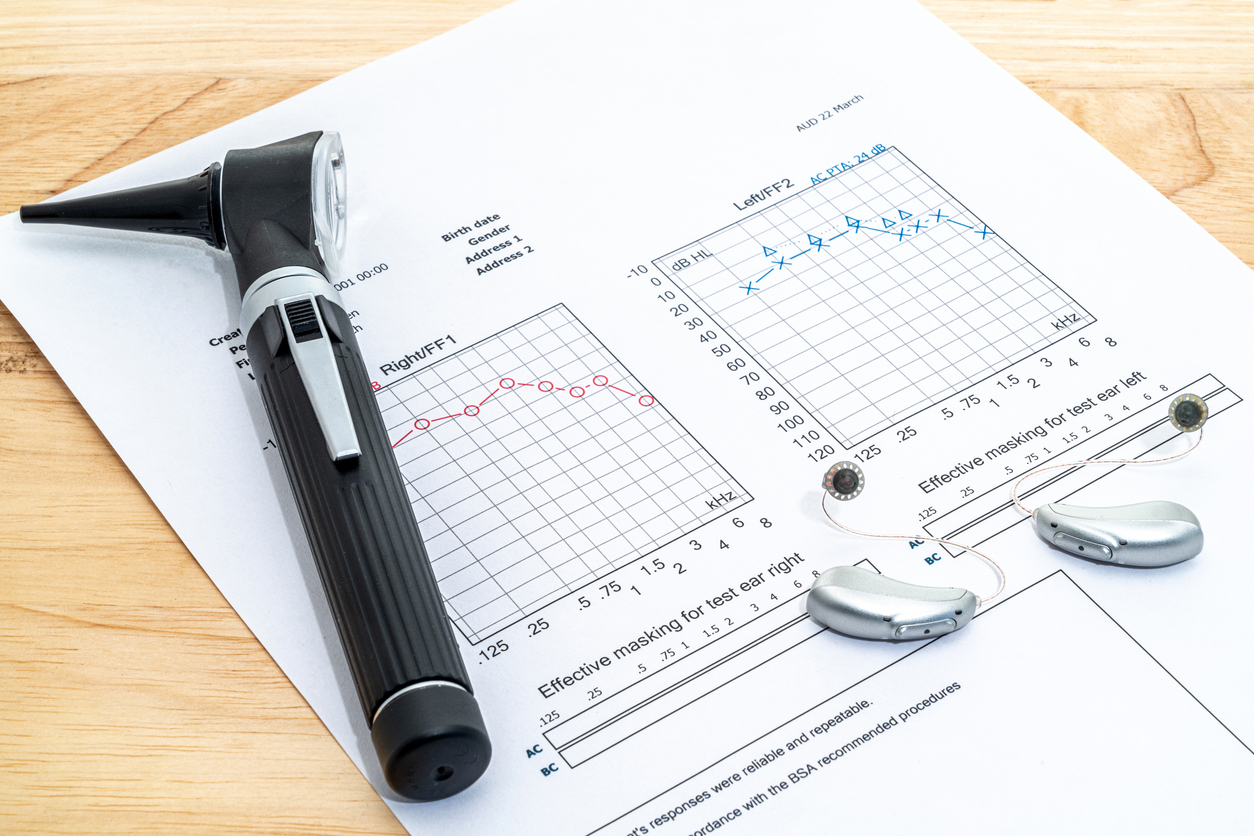Visiting the doctor might not be at the top of your list of favorite activities, but it’s an essential step in maintaining your health. While it may not compete with movie nights, vacations or fun outings at Wheaton Regional Park, there are ways to make your checkups a more pleasant experience—like setting accurate expectations.
Let’s take a look at what to expect from a hearing test appointment to make your next checkup more enjoyable.
Step 1: Talking About Hearing History

Your hearing specialist will ask you about your symptoms, lifestyle and medical history. Common hearing loss symptoms include finding conversations harder to follow, feeling that others are mumbling or noticing a persistent ringing in the ears (tinnitus).
You should also mention your level of noise exposure during this part of the exam. If you work in construction or attend a lot of noisy concerts, make sure to mention it.
Step 2: Pure Tone Audiometry
Pure tone testing measures hearing at different frequencies. Patients wear headphones and listen for soft tones, pressing a button when they hear a sound. The results help identify which pitches you struggle to detect.
Step 3: Speech Testing for Word Recognition
Speech testing helps your hearing specialist assess your ability to hear and remember speech. During the test, you’ll listen to a series of words through headphones and repeat them as directed. You will hear a series of words and sentences at different pitches and among different levels of background noise to get an accurate view of how you hear in common listening environments.
Step 4: Tympanometry for Middle Ear Health
There are three types of hearing loss: sensorineural (inner ear), conductive (middle ear) and mixed (a combination of inner and outer ear damage). Inner ear damage is the most common type of permanent hearing loss. Middle ear issues like earwax blockages, infections or eardrum stiffness usually cause temporary hearing loss.
Tympanometry tests for middle ear issues using air pressure changes to check how well the eardrum moves in response to air and noise.
Why It’s Important to Get Tested
Untreated hearing loss can affect your relationships, make you feel isolated and even cause mental health issues like depression. Regular hearing checkups can help you get treatment before hearing loss negatively impacts your life. Contact Hearing Center Silver Spring today to schedule a testing appointment with one of our specialists.